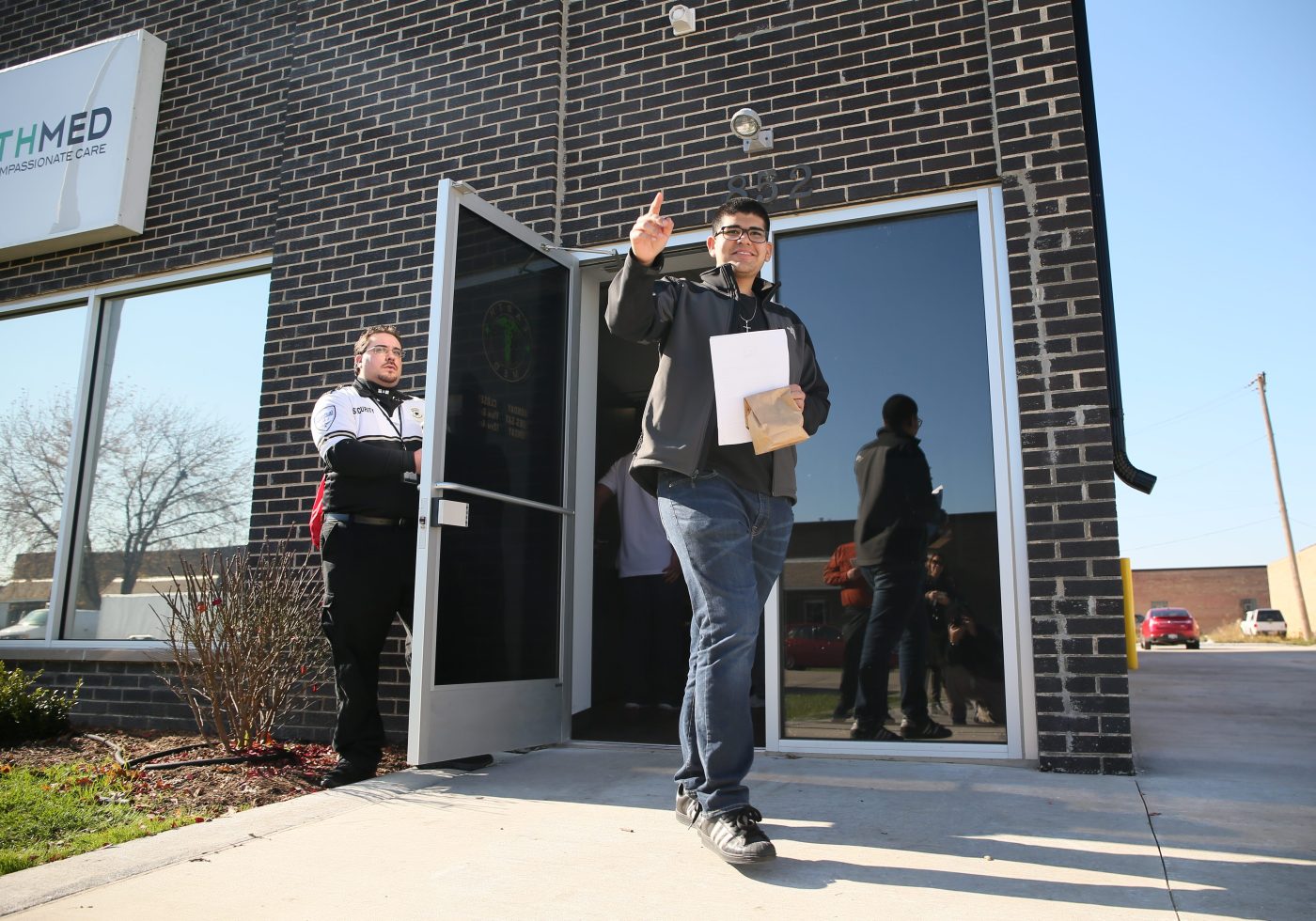On November 9, 2015, Illinois took a significant step in cannabis legislation as the state began legal sales of medical marijuana. This marked a pivotal moment for patients seeking alternative treatments, with six dispensaries, including The Clinic Mundelein, opening their doors to eager customers. Notably, a waiting list of 96 patients was recorded when the clinic commenced operations.
Historical Context of Cannabis Legislation
The introduction of medical marijuana in Illinois followed years of advocacy and legislative discussions. In 2013, the state passed the Compassionate Use of Medical Cannabis Pilot Program Act, allowing individuals with qualifying medical conditions to access marijuana for therapeutic purposes. The program aimed to provide relief for patients suffering from ailments such as cancer, epilepsy, and chronic pain.
By the time sales began in 2015, Illinois had established a framework for regulatory compliance, ensuring that dispensaries operated within legal guidelines. The initial rollout was met with enthusiasm, as many patients viewed it as a crucial development in healthcare options.
Impact on the Community and Future Developments
The opening of medical marijuana dispensaries was not just a regulatory achievement; it also represented a shift in societal attitudes toward cannabis use. Many advocates stressed the importance of access to medical marijuana for patients who had previously relied solely on traditional pharmaceuticals. As noted by various health professionals, the availability of cannabis provided a new avenue for pain management and symptom relief.
In subsequent years, Illinois expanded its cannabis laws. On January 1, 2020, the state legalized recreational marijuana, allowing all residents aged 21 and older to purchase cannabis products. This legislative progression underscores a growing acceptance of marijuana as a viable option for both medical and recreational use.
Reflecting on the developments since November 9, 2015, it is clear that Illinois has positioned itself as a leader in cannabis reform. The state not only set a precedent for medical marijuana access but also paved the way for broader discussions surrounding cannabis legalization across the United States.
As the cannabis market continues to evolve, the impact of these changes will persist, shaping the future of healthcare and recreational use in Illinois and beyond.







